|
It was hard to say goodbye to my coworkers at BorderLinks who helped me grow and made me laugh. I wrote the this little poem to express my deep gratitude for them and their work. I'm no poet, but I do like them. From academia to activism
Y’all shocked me at first Prison abolition and collective liberation What do these radicals mean? Patient explanations, walks downtown Selena singalongs got me through Now I’d say, I understand you. You have pulled the wool off my eyes, Exposed me to the pain of wage theft, deportations, and for-profit prisons You have shown me heartbreaking realities And given me the tools to fix them Paso a paso Thanks to you, I have found the comandanta within me Thank you for blurring the line between co-worker and friend, student and teacher Thank you for teaching me the difference between equality and equity Thank you for introducing me to jelly-filled donuts, Café Justo, and tajin Some call it GordoLinks, I call it home. My next step is unknown But I do know I will take forth The wisdom I’ve gathered from workshop scribbles on parchment paper The weight for the Operation Streamline shackles The compassion of a migrant crossing the desert to reunite with her family The bravery of an undocumented day laborer And the resolve of a mother in sanctuary Thank you. Gracias.
0 Comments
Now that I have led several delegations, I'd like to explain what I actually do at BorderLinks. As many of you know, I lead college, graduate school, and church groups on immersive trips to the border to learn about immigration issues, history, and policy. I have worked with diverse groups from Wisconsin, California, Washington and Colorado. Each group has provided their own challenges and joys. I am grateful to all my delegation participants as each of them has help me grow this year. BorderLinks envisions a world in which people, within and across social borders, respect and care for each other, value and celebrate differences, and build healthy and just communities where everyone has equal opportunity for a full and dignified life. At BorderLinks, we try to do so amplify the voices of individually who are directly affected by immigration. We meet with undocumented immigrants, asylum seekers, day laborers, church leaders, community organizers, and many more to hear their stories, perspectives and learn what is happening in the borderlands. The easiest way is to explain what I do is with photos so here goes! On BorderLinks delegations... We walk migrant trails in the desert in order to get a small sense of what undocumented migrants feel when crossing the border. We learn about the enforcement strategies that have funneled peoples into these harsh terrains and their deadly consequences. We go to Southside Presbyterian Church in Tucson to learn about the Sanctuary movement and attend vigils to show our support for Rosa (middle in black jacket) who is currently in sanctuary there. We talk to Border Patrol or Immigration Customs Control about their work and policies surrounding migration, smuggling, and border security. We meet with migrant-led grassroots groups that are organizing for a variety of goals including decreasing border militarization, ending racial profiling, ending detention of LGBTQ migrants, ending of separate of families, and providing more educational opportunities for undocumented students. We go to border towns like Nogales or Agua Prieta, Mexico where we meet with different organizations who work with migrants in food kitchens, shelters, and churches. We also meet with groups like the cooperative coffee company Cafe Justo or the community organization HEPAC who are trying to improve their communities in order to decrease out-migration. We discuss internal migration and urbanization in Mexico due to an increase in maquilas (factories), free trade policies like NAFTA, and organized crime. Below is a neighborhood of people who moved to Nogales to work at the factories. Much of this land was first occupied by squatters who lived without utilities or much infrastructure. We share meals and conversation with local families in Nogales, Mexico. I lead workshops and reflections to help my delegation participants process what they are seeing and learning. We also discuss how to integrate their experiences on the border with their life at home and devise plans for getting more involved. This is just the tip of the iceberg, but I hope it helps explain what I have been focussing on this year. Delegations can be emotionally, intellectually, and physically exhausting but also extremely rewarding. I enjoy learning and teaching through experiences and hands-on workshops. It has been an honor to facilitate discussions and reflections where my participants open up about their backgrounds and assumptions. The act of being present with people as they reflect on their religion, government, and privilege has been truly eye opening gift. We take selfies.
 Source: Google Images Source: Google Images I work at BorderLinks leading educational trips or delegations that introduce people to the border and immigration issues. Groups come from colleges, graduate schools, seminaries, and churches across the country. During a delegation, participants meet with different immigration stakeholders such as immigrant-led political organizing groups, border patrol, and pastors involved in the sanctuary movement. In addition, participants learn about topics like NAFTA, Popular Education, border history, and the prison system in interactive workshops led by BorderLinks staff. Delegations are an intense whirlwind of complex ideas, personal stories, and strong emotions. Days are often long, challenging, and eye-opening. Participants leave broken-hearted, inspired, and determined to change our broken immigration system. I got back from winter vacation ready to lead my second delegation. I was excited, but nervous as it was the first delegation I would plan completely on my own. Reading my participants' applications, I felt uneasy. These students were very different from most people who I know and have grown up around. Most were from the midwest, studying criminal justice, and hoping to go into law enforcement. One of the male participants was planning on joining the Border Patrol after graduation. About half the group had never been outside of the country and most had not lived in multicultural settings. How would this group react to BorderLinks' liberal ideology? Would they feel comfortable in this immersive cultural environment? After meeting the group at the airport, I breathed a sign of relief. They were great. When I asked them to help put luggage on the roof rack they immediately organized as a team, volunteering to help. Driving back to the office, several of the group members talked about football and hunting. I chuckled, thinking about how different this was from my San Francisco upbringing. When we got into the office, one of the men asked me if there was something to drink. I responded, "There's only milk in the fridge." His face lit up as he said, "I love milk. I'm from Wisconsin." I smiled and thought, this'll be fun. As the week went on I got to know the participants better. Over meals, we cracked jokes and talked about our personal lives. Many of my participants work at least one job in addition to going to school full time. One of the women goes to school, works as a waitress, and works the night shift at a gas station (10 PM - 6 AM). She only sleeps a few hours from Sunday to Tuesday. I was amazed by my participants' work ethic and persistence. Many of them are first-generation college students, forging their own path. About halfway through the week, the participants stayed with host families in Tucson. These families are made of immigrants who are active in their community. BorderLinks routinely organizes home stays so participants can meet people who are directly affected by immigration issues. As I dropped off the participants, I noticed several were anxious as they had never done a home stay and they did not speak much Spanish. I assured them that all our home stay families are friendly, welcoming, and have hosted many students before. The next morning, I got up early to pick up students from home stay houses. While driving, I got call from the group leader notifying me of "a situation." The college president had found a student's Tweet (from Twitter) that said they had been "kicked out of their lodging, forced to live with illegals, and not allowed to call Homeland." My heart sank. Who wrote this? Did someone actually want to call Homeland Security on these immigrant families? Was someone going to call ICE? Comments like this on social media can be vague, unintentional and extremely hurtful. To me, this Tweet was a threat. My jaw clenched as I thought about the families who had generously and bravely opened their houses to these students. Where they now in danger? Had I put these people in harm's way? Hurt and panicked, I began to doubt the trust I had put in these students. After reconvening, I immediately sat the group down and explained the severity of inflammatory comments on social media. Also, I described what it would look like if someone called ICE on one of these families. Imagine flashing lights, crying children, not being able to contact your family for days, detention, an expensive bond, and a chance of being deported, separated from your home and family. Disappointed and perplexed, I looked out at the group for reactions. Most participants were shocked and apologetic as this Tweet did not reflect the majority's opinions or home stay experiences. In fact, the Tweet was not written by someone in the delegation, but by their friend who did not fully understand the context. Although I still felt violated, I breathed deeply, knowing that the Tweet should not be taken seriously. Yet, I reflected on why this may have happened. Many of my participants grew up in environments that have a high respect for cops and believe you should do your best to enforce the law whenever possible. As many are going into policing, they maybe experienced an internal conflict or cognitive dissonance when living with a person had immigrated illegally. Using this logic helped me understand my participants' perspectives, but did not shift my opinion that this Tweet was a callous, disrespectful display of entitlement and power. Although I dutifully follow most laws myself, I try to think critically about the law. I do not think that government-dictated rules necessarily have higher moral authority than personal or religious values. Even though laws are powerful, foundational structures that control our lives, they can be changed quickly with a politician's signature. In the last couple years, huge cultural concepts such as our legislative definition of marriage has changed. Laws are a flexible, impermanent cultural constructs. Mike Wilson, a member of the Tohono O'odham tribe in Arizona, is known for his controversial work distributing drinking water for passing migrants on the Tohono O'odham nation. Although, this is against his tribe's laws, he continues to do it because he believes the God's law is greater than any man-made law. If we truly loved our neighbor as ourselves, we would give them water. If we truly loved our neighbor as ourselves, we would help them through deadly terrain. If we truly loved our neighbor as ourselves, we would let them live in peace with their families. Acts 5:29: "But Peter and the apostles answered, 'We must obey God rather than men.'" Despite this negative moment during my delegation, the rest of the trip went well. The participants expressed a greater, more complex understanding of immigration policy, undocumented immigrants, and minority-police relations. One participant wrote, "The most impactful part for me was the home stay...being able to talk one-on-one with them really opened my eyes... This will inform my decisions in my career in law enforcement for my whole life." I thank this delegation for opening my eyes. They taught me more about police work, the military, and what it is like to live in a different part of the United States. I think we both shocked, challenged, and comforted one another. Most of all, we reminded each other to meet people where they are in their life journey without making hurtful comments or assumptions. |
Archives
June 2024
Categories
All
|
Tucson Borderlands YAV
|
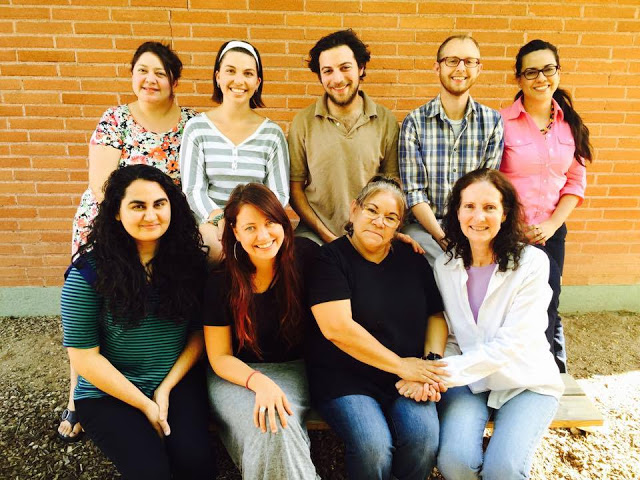
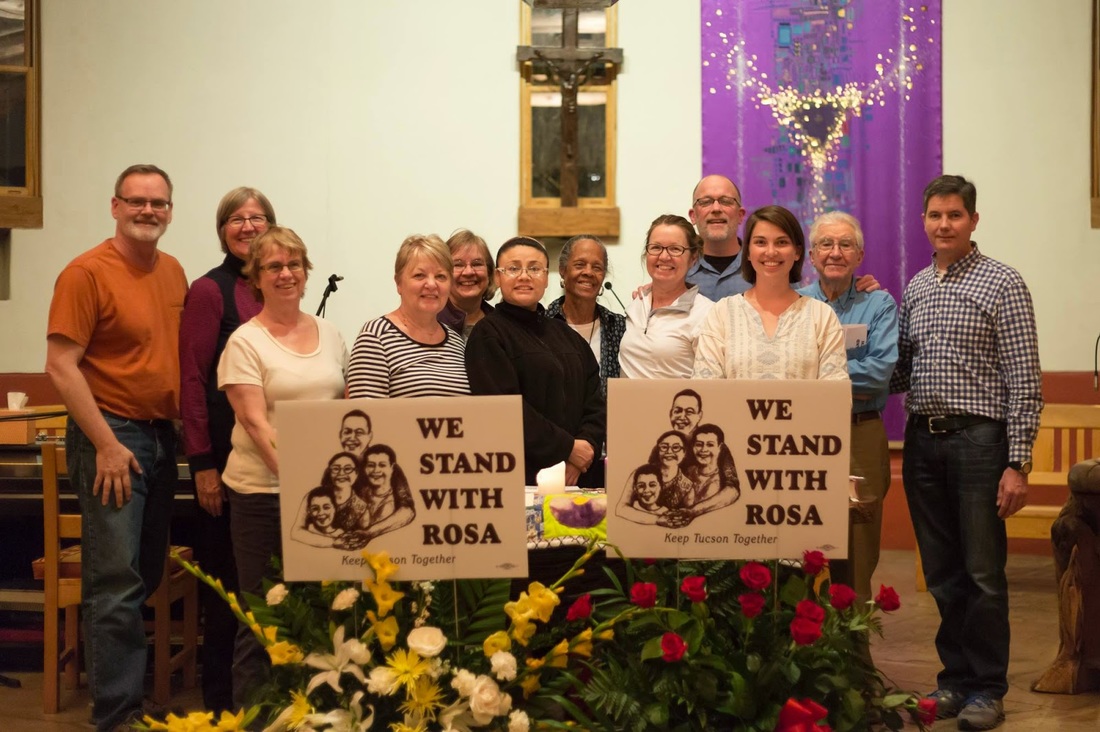
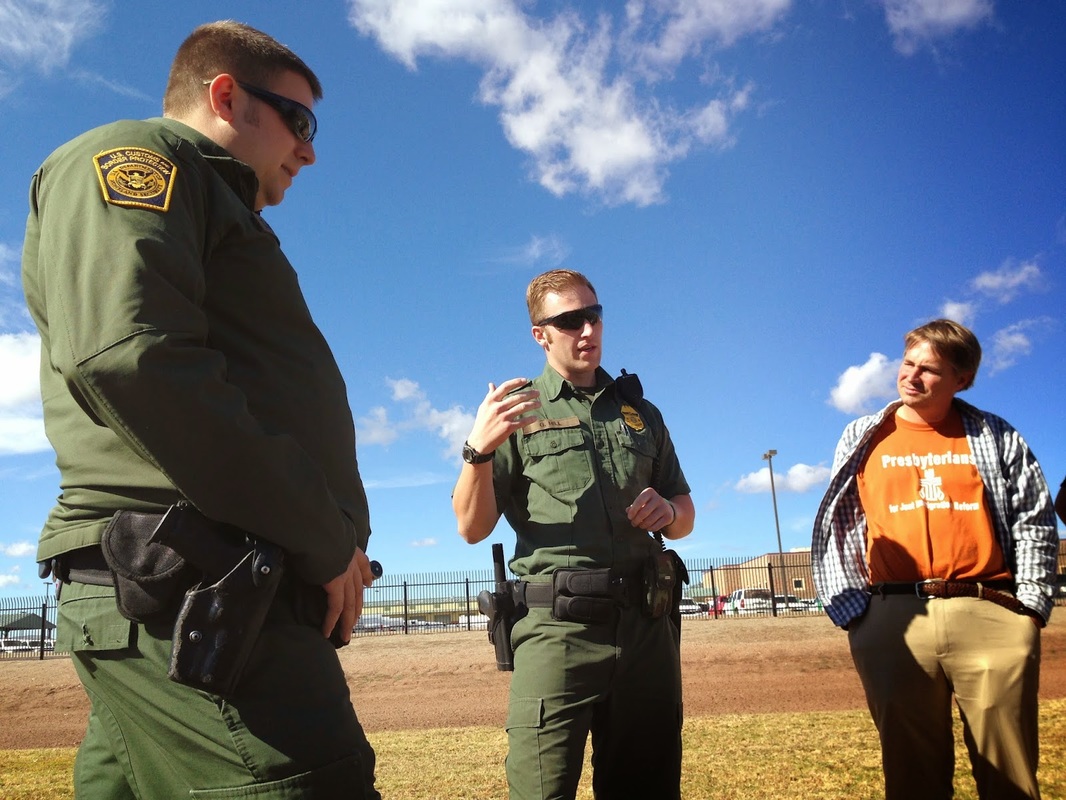
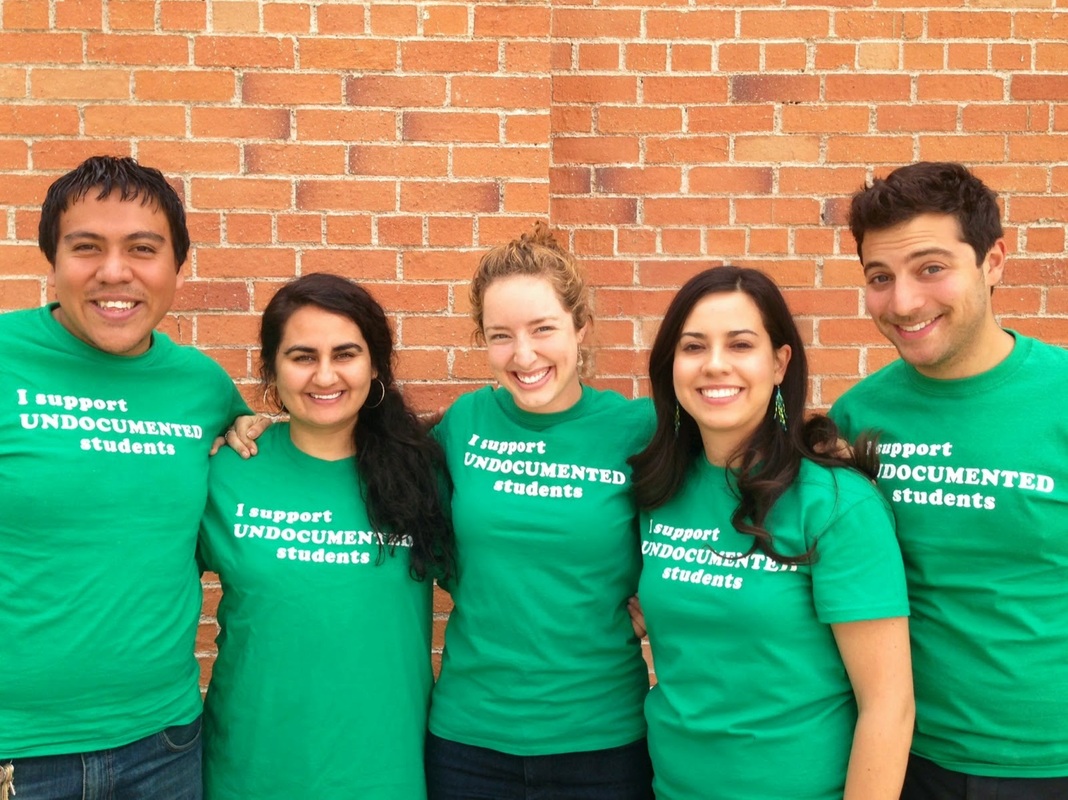
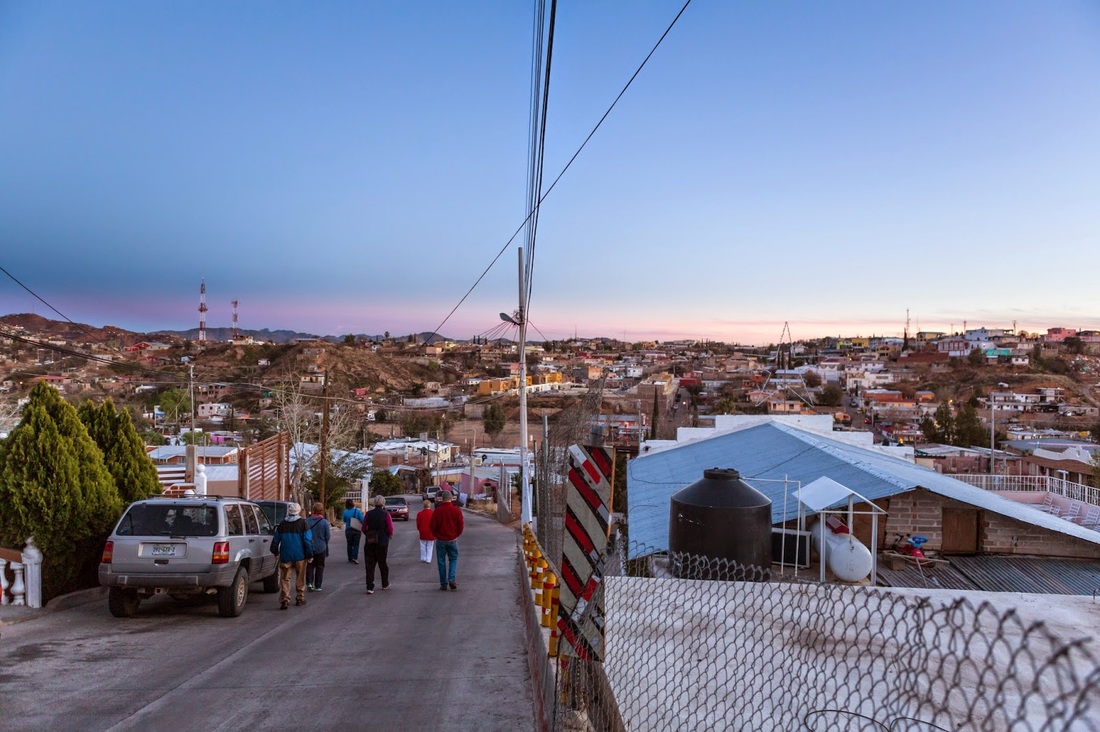
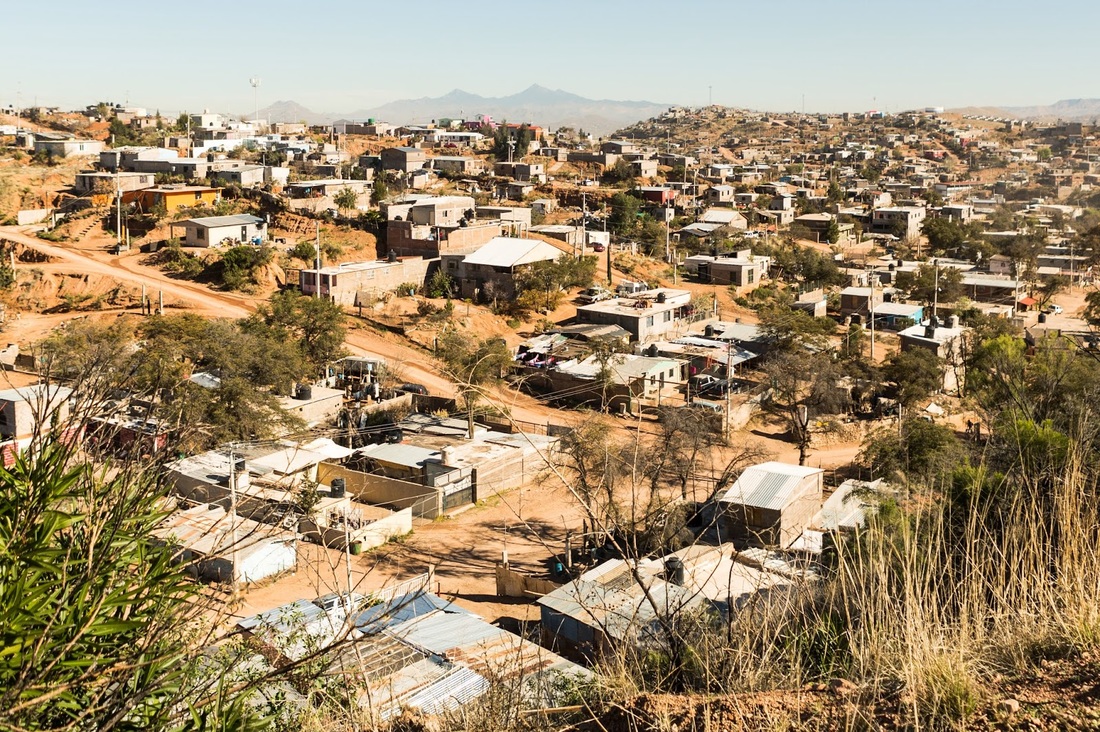
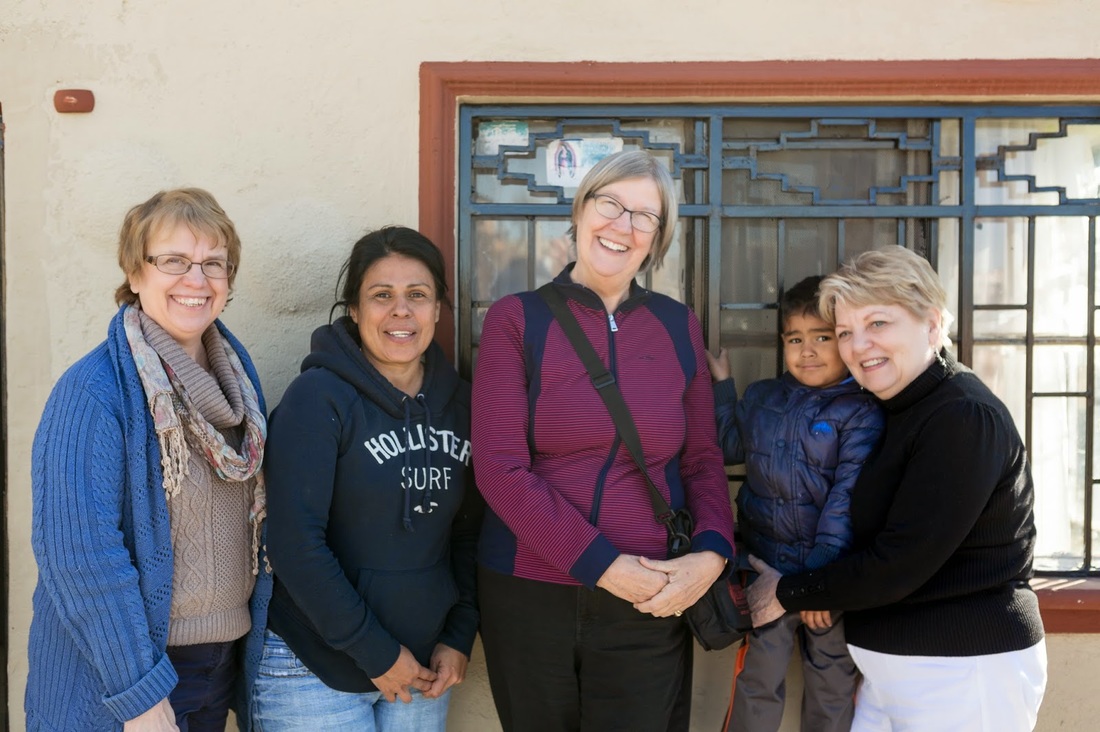
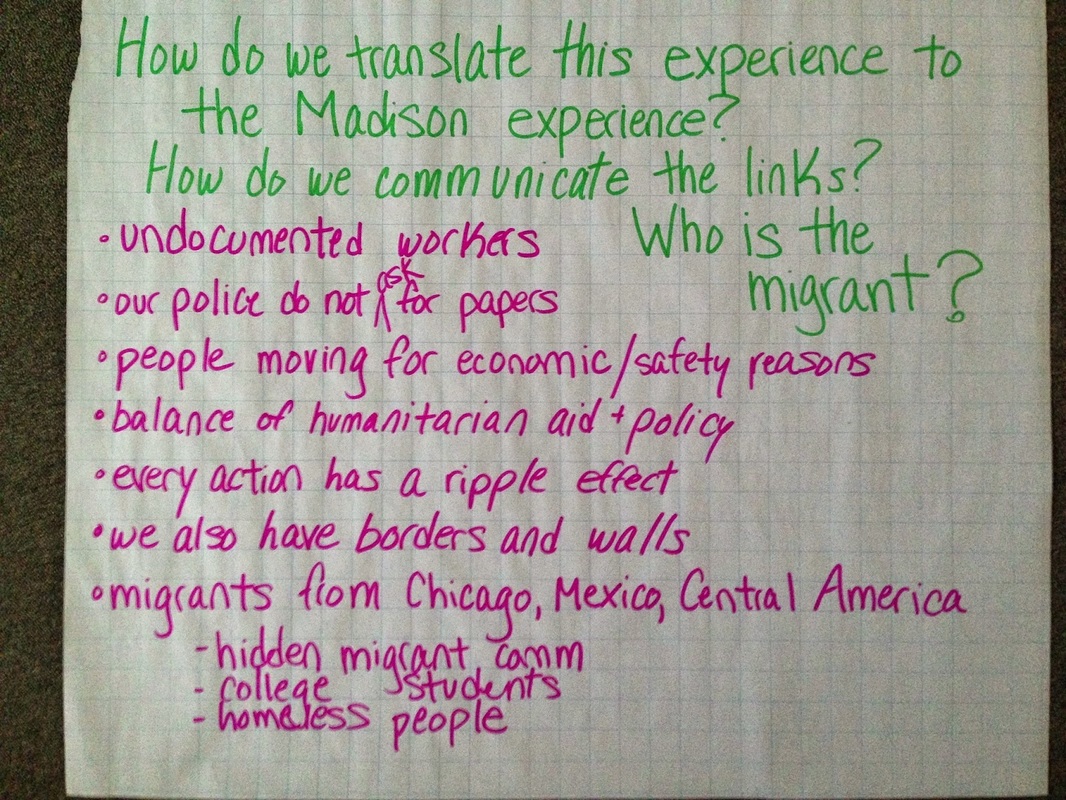
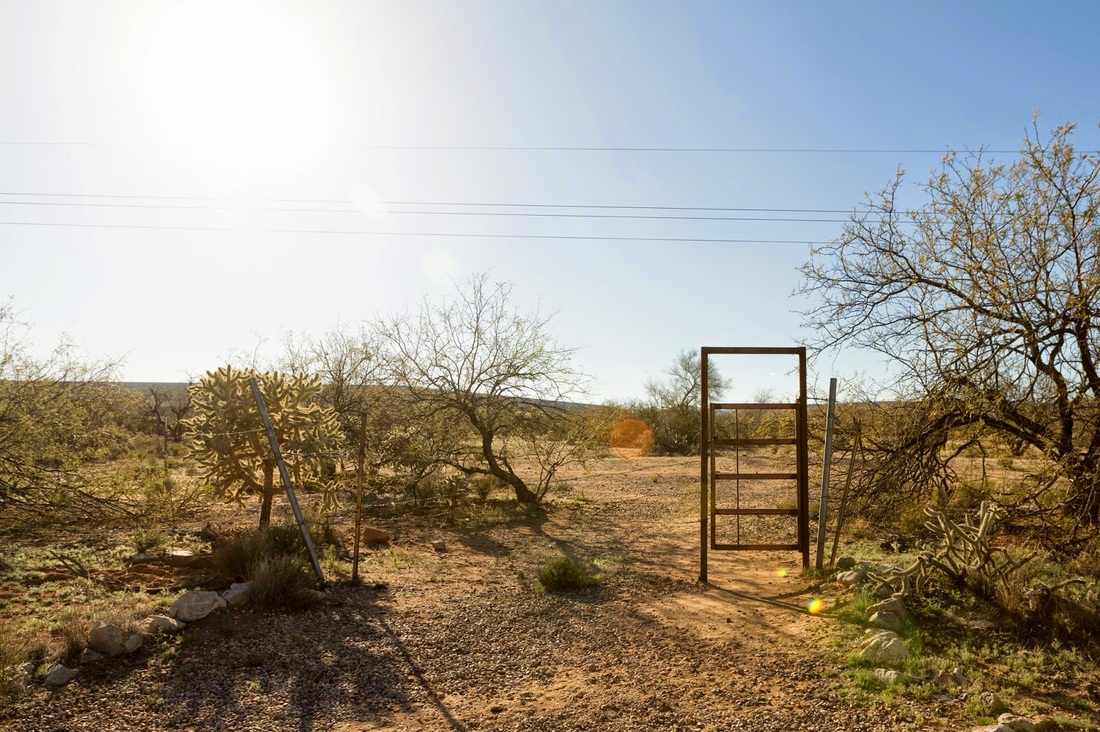
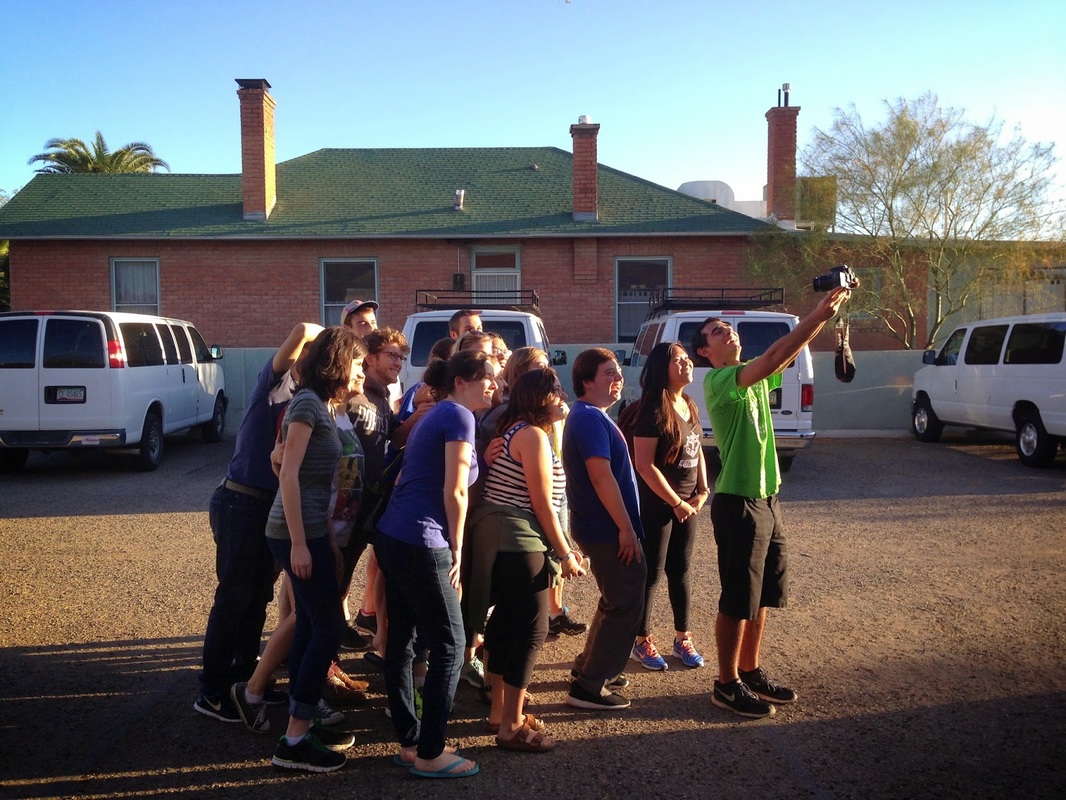
 RSS Feed
RSS Feed
